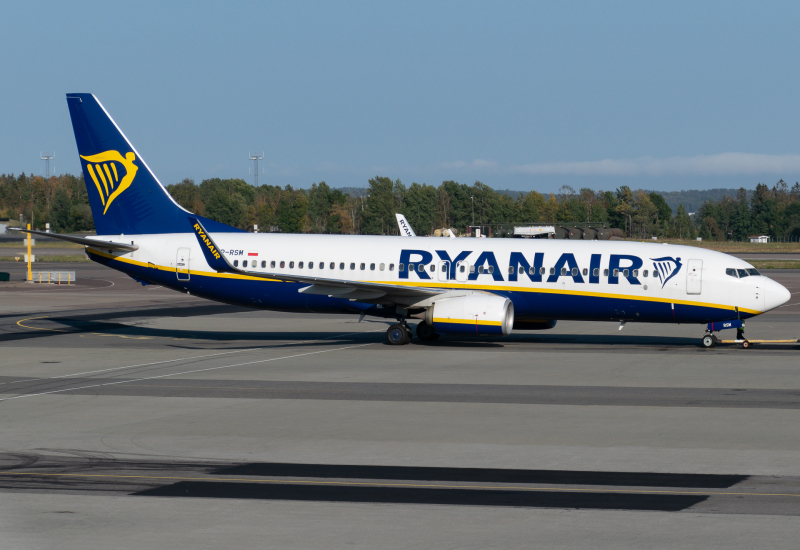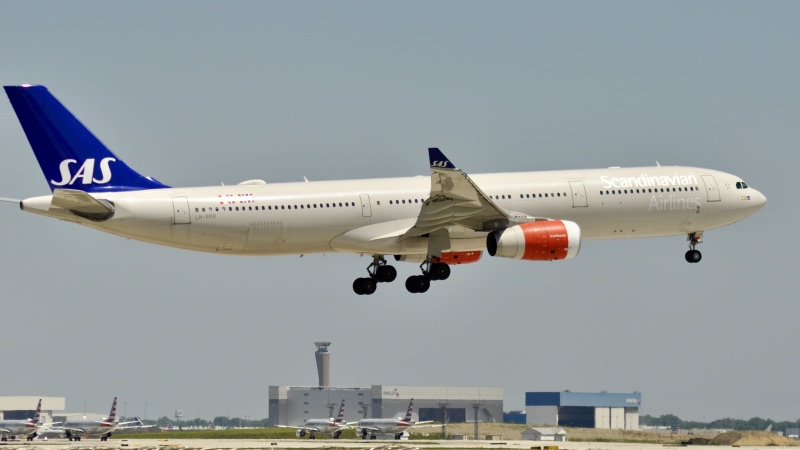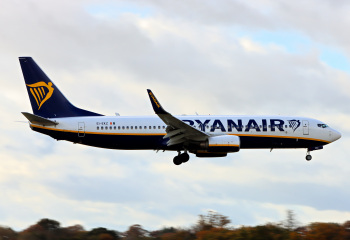Dublin-based ultra-low-cost carrier Ryanair is likely now heading towards a six-day strike in Spain after trade unions have requested Ryanair staff to strike on six dates between June 24 to July 2, including June 24-26 and June 30 - July 2. The strike is arising from Spanish trade union concerns about poor working conditions necessitating the need to negotiate a new collective bargaining agreement. With regards to Spanish employees, Ryanair is the only airline left without a collective bargaining agreement that uses language that protects the working conditions of staff, covering things like minimum pay and working hours provisions.

The strike comes at a time when airlines across Europe are struggling to cope with an increase in demand due to COVID-19 staffing shortages and various strikes. This strike is especially troubling because Ryanair's peak demand season is during the summer months. This strike will only affect staffing operations throughout Spain, which, fortunately, is only a minor blip on the radar for Ryanair's network, but many popular summer destinations like Mallorca, Barcelona, and the Canary Islands will likely face canceled flights due to strike-related problems if the strike goes forward.
This Ryanair strike would join a number of others that have occurred or been theorized in recent weeks. Strikes last Thursday grounded many flights to a halt at Paris Charles de Gaulle Airport (CDG), and SAS Scandinavian Airlines is facing threats of an indefinite strike from pilots after failing to negotiate a new agreement with workers. Ryanair has negotiated with Spanish labor organizations including USO (translated as the Workers Trade Union) and the SITCPLA (translated as the Independent Union of Airline Passenger Cabin Crew), but all talks have broken down with blame being placed on both sides.

Ultimately, strikes aren't good for either side as it leads to lost revenue/wages and massive chaos for passengers, and with negotiations being difficult for many European airlines, a chaotic summer for travel is looking more and more likely in Europe.
Comments (0)
Add Your Comment
SHARE
TAGS
NEWS ryanaireuropestrikelaborsummerspainsasRECENTLY PUBLISHED
 Learjet Owned By Vince Neil Crashes Into Gulfstream Jet, 1 Fatality Confirmed
On February 10th, around 14:30 local time, a Learjet private jet aircraft crashed into another private jet after landing at Scottsdale Airport (SCF) in Arizona.
NEWS
READ MORE »
Learjet Owned By Vince Neil Crashes Into Gulfstream Jet, 1 Fatality Confirmed
On February 10th, around 14:30 local time, a Learjet private jet aircraft crashed into another private jet after landing at Scottsdale Airport (SCF) in Arizona.
NEWS
READ MORE »
 Seattle Plane Strike 2025: Japan Airlines and Delta Collision Raises Safety Concerns
Seattle-Tacoma International Airport saw a concerning incident on Wednesday morning when a Japan Airlines (JAL) plane clipped a parked Delta Air Lines jet while taxiing. Thankfully, no one was injured, but passengers described the collision as a frightening experience.
NEWS
READ MORE »
Seattle Plane Strike 2025: Japan Airlines and Delta Collision Raises Safety Concerns
Seattle-Tacoma International Airport saw a concerning incident on Wednesday morning when a Japan Airlines (JAL) plane clipped a parked Delta Air Lines jet while taxiing. Thankfully, no one was injured, but passengers described the collision as a frightening experience.
NEWS
READ MORE »
 Ethiopian Airlines Expands Cargo Fleet with New Boeing 777 Freighter
Ethiopian Airlines has expanded its cargo fleet with a brand-new Boeing 777 Freighter, registered as ET-BAB (MSN 68140). The aircraft was delivered directly from Boeing’s factory in Everett, Washington, USA, and landed at Addis Ababa Bole International Airport at 3:41 PM (GMT+3) on Wednesday, January 22, 2025.
NEWS
READ MORE »
Ethiopian Airlines Expands Cargo Fleet with New Boeing 777 Freighter
Ethiopian Airlines has expanded its cargo fleet with a brand-new Boeing 777 Freighter, registered as ET-BAB (MSN 68140). The aircraft was delivered directly from Boeing’s factory in Everett, Washington, USA, and landed at Addis Ababa Bole International Airport at 3:41 PM (GMT+3) on Wednesday, January 22, 2025.
NEWS
READ MORE »





